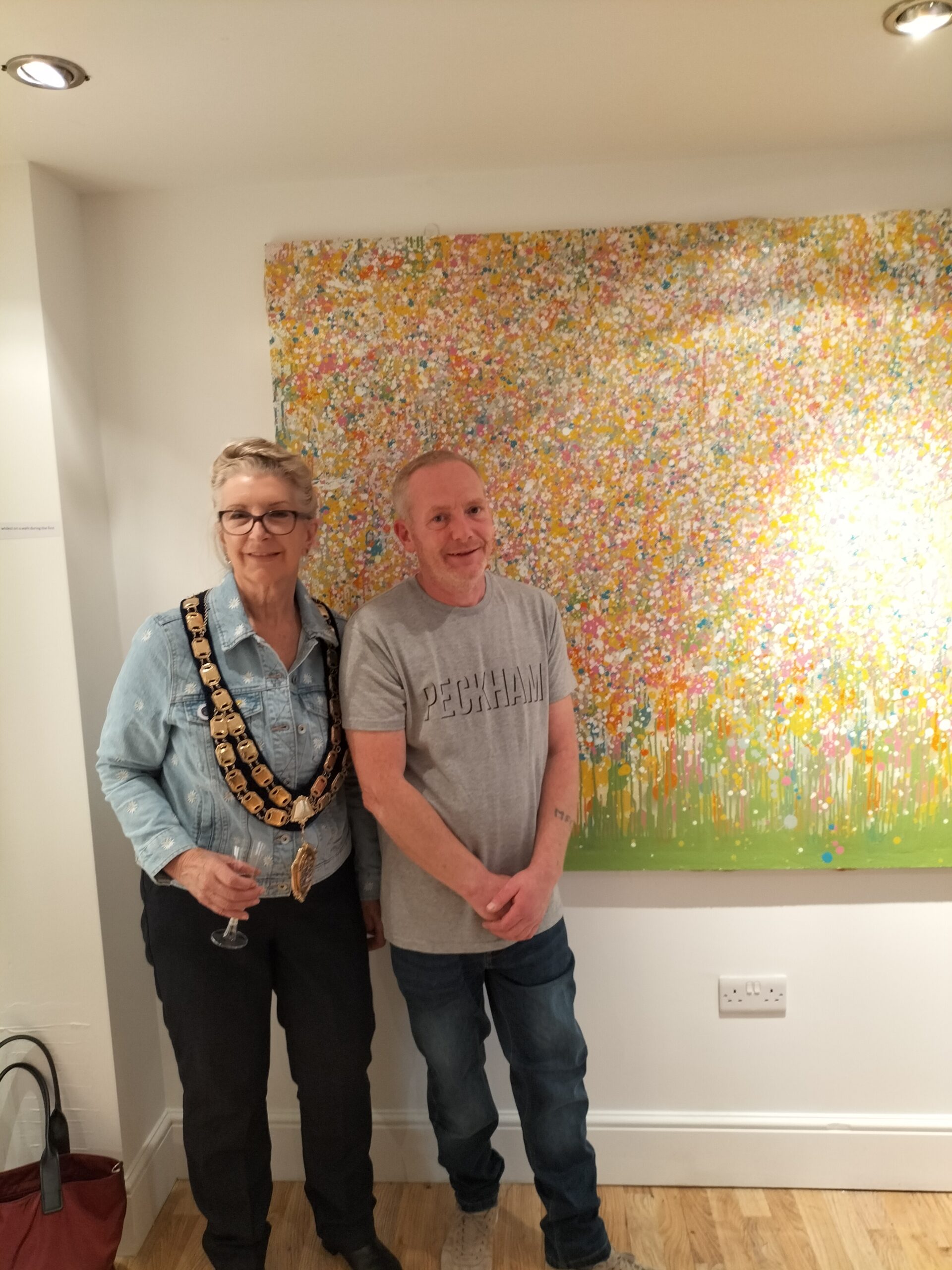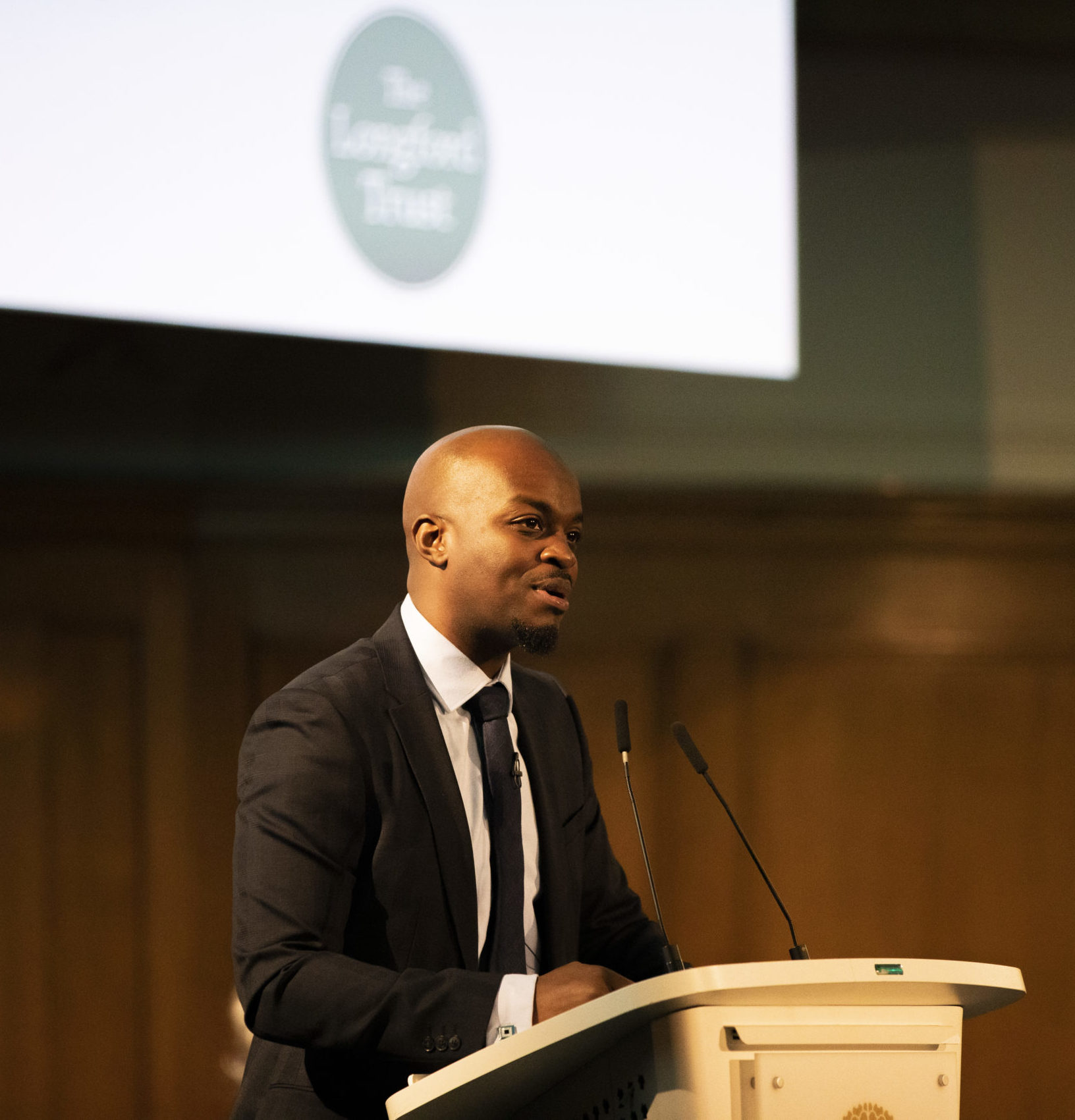
I know all about art’s power to change lives
With so much turmoil in the world at the moment – anyone reading this will know prisons and the justice system are by no means immune- it is heartening some things are resilient enough to withstand external pressure. Art has the power to allow people to express themselves and be a key to transform lives.
So much so that one ex-scholar is keen to share the opportunity to exhibit from a seaside art gallery.
Jamie Chapman writes below for Longford blog:
I have been lucky to have people who have played a positive role in my life: the team in prison education when I was inside; Sister Carmen, the prison nun; Inside Time newspaper; those at the Koestler Trust who unlock the talent inside; and the Longford Trust and my Longford mentor Carolyn in supporting me through my fine art and professional studies degree at Bath Spa University.
Since I graduated in 2017, I’ve been working as an artist, selling my work (I exhibited at the 2016 Longford Lecture, alongside three other fine art student scholars) and enjoying life.
I didn’t go back to London where I grew up. Too many bad memories. Instead I’ve stayed in Weston-super-Mare, next to the sea, where I did my art degree in a college that comes under Bath Spa’s umbrella.
I now live in a flat that looks out to sea, and in June this year had an exhibition of my landscapes and sculptures – many using recycled materials – in the Granby Building in the town. The Mayor came to open it. (See picture above)
Some people say art is self-indulgent but I know all about its power to change lives, mine included.
It has built my confidence and, when I work with young people at a local rehabilitation unit, I see how art gives them a way forward, an outlet, a non-verbal way to say what they think and have been through when they can’t find the words. Instead they use a pencil and a paint brush.
Recently I lost one of the last surviving members of my family. Because of that I’ve reached a turning point. Life is too short so I want to show my thankfulness and a respect for the opportunities and love that I’ve been shown. I know what makes me happy and that is to make others happy and help them take their lives forward.
I have therefore taken on the rent of the same space in the Granby Building in St Margaret’s Terrace where I had my exhibition. It’s a great space. I am calling it The Gallery and – between other jobs – I’ve been busy doing it up to professional standards.
It’s cost me a fortune, but greed for money caused me problems in the past, so no matter. I don’t need that pressure in my life. Now it is almost ready and my plan in the months and hopefully years ahead is to run it as a not-for-profit gallery, renting it out at cost to other artists so they can show their work.
Giving them the keys is my way of spreading happiness, whether it be to students at the local art school, the groups of local photographers and artists I’ve got to know here, or to any past and present Longford Scholars who are reading this and who are artists with work to share.
If you are interested, get in touch. You can find me on Instagram at TheGalleryWeston, or contact office@longfordtrust.org and we can connect you.









